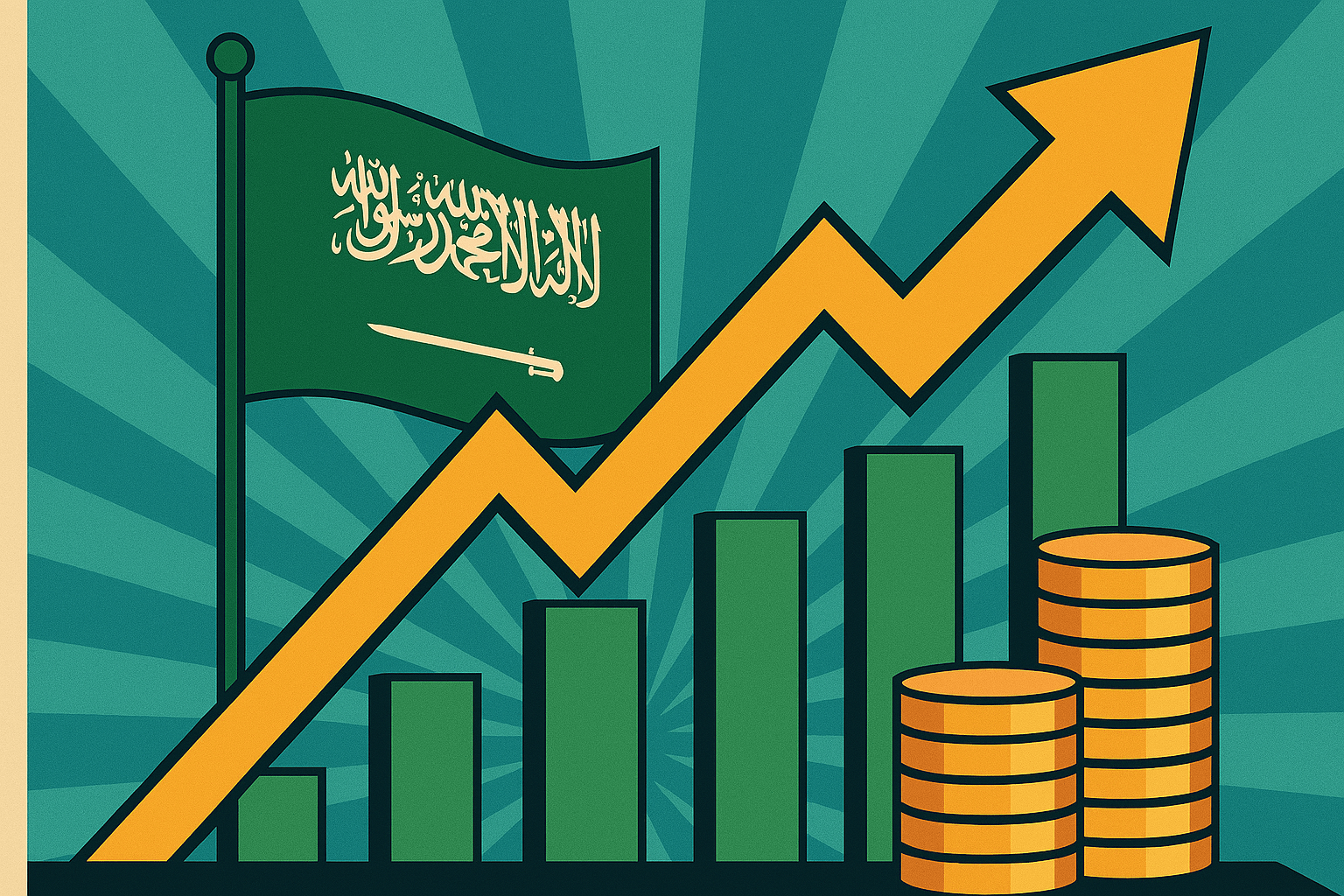Historic jump in Saudi stocks after plan to lift foreign ownership restrictions

Saudi stocks jumped unprecedentedly, adding about $124 billion to their market value, following reports of the Kingdom's intention to ease foreign ownership restrictions on listed companies. The Tadawul index rose 5.1% in a single day, its highest gain in more than five years, with one CMA member announcing that majority foreign ownership may become available before the end of the year.
Shares of Saudi banks saw a record 9.2% rise, and companies such as JPMorgan, EFG Hermes and Franklin Templeton predicted billions of dollars in investment flows to the market, which this year lagged behind the wave of emerging stock markets due to low oil prices.
The potential decision raises the ceiling on foreign ownership from 49%, and enables foreign investors to own the majority of capital in listed companies for the first time, in line with Crown Prince Mohammed bin Salman's efforts to deepen the domestic market and link it to other Gulf markets, such as the UAE, which has allowed foreigners to own 100% of companies since 2019.
In this context, Bloomberg quoted Salah Shamma, head of equity investments at Franklin Templeton in the Middle East and North Africa, as saying that “lifting the restrictions completely could open the door to more than $10 billion in investment flows, significantly affect the MSCI index and increase the weight of Saudi Arabia in the global emerging markets index by about a full percentage point.”
JPMorgan forecast potential inflows of up to $10.6 billion if the limit is raised to 100%, while EFG Hermes sees similar inflows. Banks such as Al Rajhi, Saudi National and Alinma are mainly expected to benefit, with Al Rajhi alone expected to attract around $5–6 billion in foreign investment.
The easing of restrictions may also lift the weight of Saudi stocks in the MSCI indices, as the Kingdom's share in the MSCI Emerging Markets Index may reach about 4% compared to 3.3% currently.
The potential move gives a strong boost to the market, which is one of the worst-performing markets this year, with a decline of more than 5%, while the global MSCI index rose by nearly 17%. The decision represents an opportunity for foreign investors to exploit the relative decline in prices and increase their activity in the Saudi market.